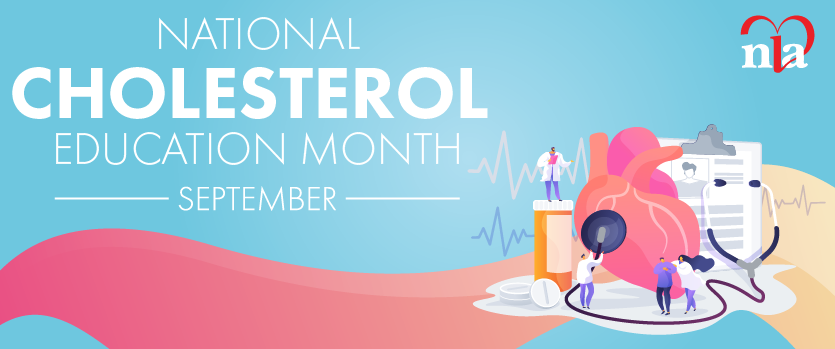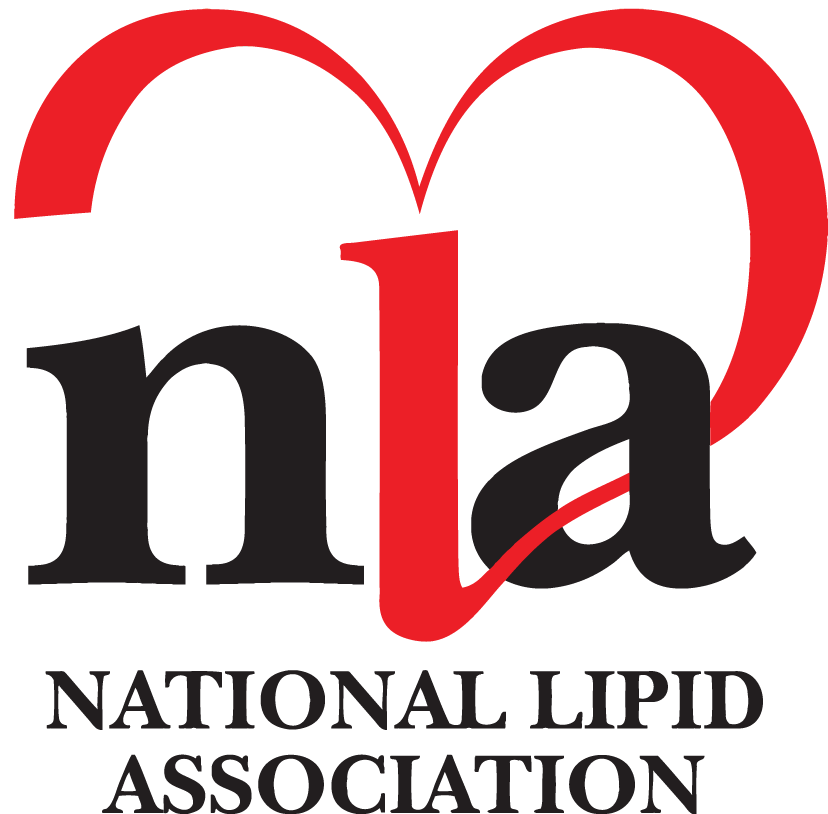A medical specialist is a provider/clinician with expertise beyond the generalist. The National Lipid Association (NLA) partners with the American Board of Clinical Lipidology (ABCL) to recognize those who have additional experience and knowledge in lipidology. The ABCL offers the only certification of its kind to licensed physicians and other health care professionals in the United States and Canada. Physicians are designated as Diplomates of the ABCL, and other professionals are designated as Clinical Lipid Specialists. Their commitment and their knowledge of lipid science in the discernment and management of dyslipidemia in a multidisciplinary fashion, allows the risk stratification of patients in regard to cardiovascular disease and other conditions. The goals and thresholds of treatment is assessed by passage of the examination. Physician eligibility for ABCL certification requires board certification in an American Board of Medical Specialties (ABMS) specialty, or completion of a 2-year fellowship in an ACGME-recognized training program; experience of established numbers of clinical hours in lipidology, as well as demonstration of the knowledge base by passing a certifying exam; and through participation in and contribution to the field of lipidology.
About 1,000 providers over the past eight years have achieved certification by the ABCL. Diplomates have a variety of clinical backgrounds including internal medicine, cardiology, endocrinology, family practice, osteopathy, obstetrics and gynecology, and preventive medicine.
However, certification by the ABCL is not currently recognized by the ABMS. Even though ABMS counts numerous subspecialties under the American Board of Internal Medicine such as cardiology, endocrinology, diabetology and metabolism, as well as the sub-subspecialties of clinical cardiac electrophysiology and transplant hepatology, lipidology has been excluded. Over the last eight years, the NLA and the ABCL have unsuccessfully lobbied ABMS for recognized designation. Our specialty may not have been included because there are no formal lipid fellowships and because other specialties and societies attest that lipidology falls under their purview. Some claim that the small number of lipidologists does not justify a separate designation. Attempts at being included under a “focused practice” heading were similarly unsuccessful. Also, most institutions process lipidology billing under other specialties. Of interest, some physicians voice resistance to board certification by ABMS due to perceived high fees and periodic recertification demands. Furthermore, even though advanced practice providers, nutritional specialists, and pharmacists specializing in lipid care have attained ABCL certification, they could not be included under a physician-only ABMS designation.
The inclusion of these providers into the common pathway of ABCL certification has been necessitated recently by the cessation of operations of the Accreditation Council of Clinical Lipidology (ACCL) in 2022, which occurred as a result of the fiduciary dissolution of said organization. Prior to the dissolution, the ACCL had certified approximately 250 Clinical Lipid Specialists (CLS). Leadership from the NLA, ABCL, and ACCL agreed to a certification pathway recognizing all professional disciplines involved in the treatment of dyslipidemia. The eligibility criteria for Nurse Practitioners, Clinical Nurse Specialists, Registered Nurses, Pharmacists, Physician Assistants, and Dietitians generally follows an equivalency of the physician criteria:
- Residence in the U.S. or Canada.
- An active license to practice.
- Demonstration of clinical practice hours. Clinical hours required are generally based on the level of education obtained.
These providers are now recognized by the ABCL as having completed the certification process and must maintain or renew their certification every ten years.
The Board of Directors of the NLA now seeks a more definitive solution that recognizes the unique contributions of lipid specialists to patient care. To that end, the NLA began discussions with Centers for Medicare and Medicaid Services (CMS) to include a special taxonomy for lipid consultations by certified physician and non-physician lipid specialists. To better compensate lipid specialists for their consultations based on their advanced expertise, NLA may propose a provider taxonomy code representing “lipid specialists”. This may require extensive negotiation, possibly including changes at the state level where differences exist compared to federal Medicare coding.
Efforts to broaden the reach of lipidology as a fund of knowledge extends to trainees. Associate membership in the NLA offers initial and continuing medical education in lipid science, as well as limited travel stipends to conferences, and subscriptions to the Journal of Clinical Lipidology and LipidSpin, free of charge, to trainees. Fellowship programs in lipidology or preventive cardiology and atherosclerotic disease prevention are beginning to emerge, like preventive cardiology fellowships at New York University, University of Texas Southwestern, Stanford, Mayo, etc. After the ACCL ceased operation in 2022, work has begun to include industry representatives into a proposed associate NLA membership. Educational conferences for practitioners at the Foundations and Masters levels in lipidology, Self-Assessment Program materials to prepare for ABCL certifying exams and Annual Scientific Sessions as well as Clinical Lipid Updates all serve as teaching venues for ongoing education in the rapidly emerging field of lipid science.
With the advent of PCSK9 inhibitors and other new therapies, the need for lipid specialists has further increased. Understanding the current guidelines relevant to prevention of ASCVD, the complexities of patient selection for specific therapies, insurance approval of the same, resulting in aggressive patient management with evolving adjunctive new therapies, all has led to a marked increase in the role of trained lipid specialists. Additionally, with attention now focused on the residual atherosclerotic risk correlated with elevated Lp(a), afflicting 20% of the population, lipid specialists will play a crucial role in bringing these evolving new therapies into everyday practice. As PCSK9i decreased the need for lipoprotein apheresis, the emerging therapies for reduction of Lp(a) will likely have a similar effect on older treatment modalities.
Similarly, better understanding of the role of high triglycerides in the pathophysiology of ASCVD and its inflammatory nature, has led to clinical trials focused upon an evolving array of medications for severe hypertriglyceridemia and pancreatitis prevention. This too will lead to greater demand for the expertise of lipid specialists.
As prevention of atherosclerotic disease, as well as pancreatitis, continues to gain momentum, the role of the lipid specialist will only become more valuable in the medical community. Recognition of the importance of lipid specialists given their ability to address a multitude of metabolic conditions, including obesity, which influence ASCVD risk and lipid metabolism, ensures the stability and growth potential for clinical lipidology. With that recognition, in time, appropriate reimbursement for our expertise will be sure to follow.
Thanks to Chris DeVille, CHCP, Director of NLA Education, for providing insight into the NLA’s pursuit of compensation for our services.
Article By:
Cardiologist-Lipidologist
Complex cholesterol center
Ascension St. Vincent
Indianapolis,In





.jpg)
.png)










